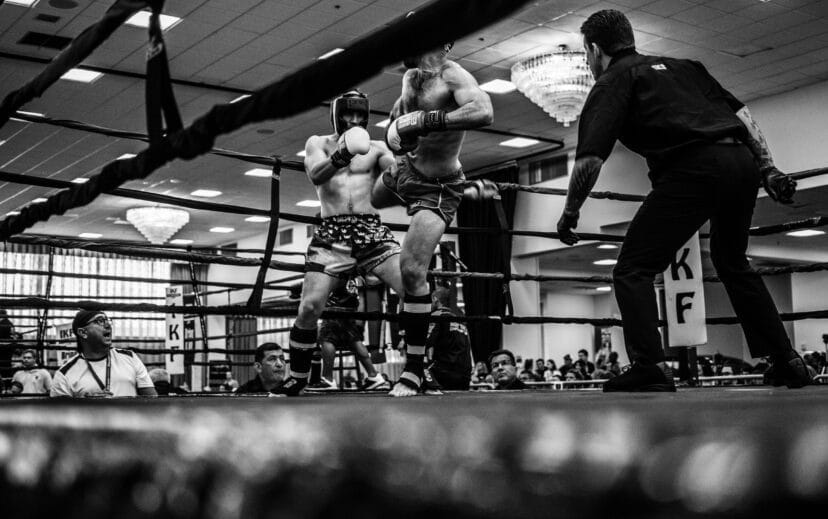Becoming a professional fighter is a dream for many athletes who are passionate about martial arts or combat sports. However, before stepping into the ring or cage, it is essential for fighters to understand a critical aspect of their careers – contracts. These legal agreements are the backbone of a fighter’s professional journey, governing their relationships with promoters, managers, and other stakeholders. Understanding these contracts can help athletes navigate this complex terrain and make informed decisions for a successful career, because in the “fight game,” every advantage counts.
The Basics of Fighter Contracts
A fighter contract is a legally binding agreement between the fighter and a promoter or organization. These contracts outline the terms and conditions under which the athlete agrees to compete and receive compensation for their fights. Key components of a fighter contract include:
- Fighter Obligations: This section specifies the fighter’s responsibilities, such as training, making weight for fights, completing applications for licenses, handling medical requirements, and adhering to the organization’s code of conduct.
- Promoter Obligations: Here, the promoter outlines what they will provide, including fight opportunities, publicity, and compensation details.
- Fight Purse and Bonuses: This section will cover the fighter’s purse (base pay) for each fight, as well as any potential bonuses for exceptional performance or fight of the night honors.
- Fight Schedule: The contract should state the number of fights the athlete is expected to have within a certain period or “term.”
- Image and Likeness Rights: Fighters need to be aware of any clauses related to the use of their image, name, and likeness for promotional purposes.
Understanding Exclusive and Non-Exclusive Contracts
Fighter contracts can be either exclusive or non-exclusive. An exclusive contract means the fighter can only compete for the organization they’ve signed with, while a non-exclusive contract allows them to compete elsewhere. Understanding the implications of these contract types is necessary for a fighter’s career strategy.
Negotiating Your Contract
Negotiating a fighter contract is a vital skill, especially for athletes entering the professional scene. Here are some tips for successful negotiations:
- Know Your Worth: Research the average pay for fighters in your weight class and skill level to have a realistic baseline for negotiations.
- Seek Legal Advice: Consulting with a sports attorney experienced in fighter contracts can ensure you understand the terms and conditions fully.
- Term Length: Consider the contract’s duration; longer terms may offer more security but could limit opportunities for higher pay if your skills improve rapidly. Note, however, that many promoters retain the right to terminate a fighter contract at any time, regardless of the length of the term.
Beware of Common Pitfalls
There may be unfair provisions within a contract such as:
- One-Sided Clauses: Watch out for contract clauses that heavily favor the promoter or organization and limit your options, like the promoter’s right to terminate as mentioned above.
- Hidden Fees and Expenses: Ensure there are no hidden costs or purse deductions, such as training expenses or promotional fees, which might affect your earnings.
- Fighter Release Clause: Check for a fighter release clause that allows you to part ways with the fight organization under reasonable circumstances.
These pitfalls are common, and fighters can find themselves obligated to forfeit money or opportunities if their contract is not carefully reviewed prior to signing.
Conclusion
Aspiring and professional fighters must understand the intricacies of these legal agreements to safeguard their interests and maximize their potential. By understanding the basics, negotiating wisely, and staying vigilant, athletes can set themselves on a path to a rewarding and prosperous career in the world of combat sports.
With that said, many athletes wisely hire counsel to handle contract negotiations so they can focus on family, training, sleep and recovery, and nutrition.
If you, or a fighter you know, are looking to enter into an agreement with a promoter or organization, contact an experienced attorney to help guide you.



